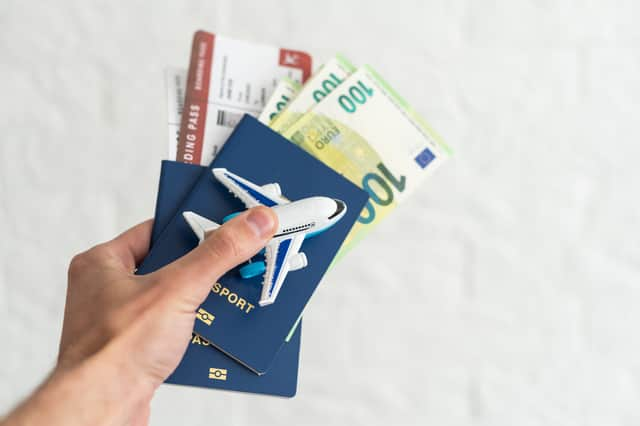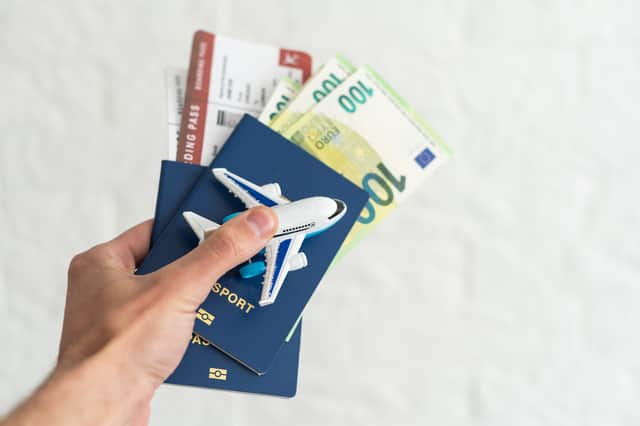How to get a foreign passport: Pros and cons of dual nationality for British citizens, plus who is eligible


British citizens who have a passport will generally hold a British passport. But, for some people in the UK it’s actually possible to get a passport which reflects their connections to another country. This is known as dual citizenship. Sometimes, this status is awarded as a result of family connections, but it may also be given on the basis of a marriage or something else.
So, just what other passports can British citizens apply for, and what is the eligibility criteria? Here’s what you need to know.
What is dual nationality?
Advertisement
Hide AdAdvertisement
Hide AdDual nationality, which is sometimes referred to as dual citizenship, is when someone holds British nationality and the nationality of another country at the same time. It allows British nationals who have dual nationality to hold a British passport and also a passport for another country. You do not need to apply for dual citizenship in the UK, however having this status means you can apply for foreign citizenship but also keep your British citizenship.
It is also possible to get even more than dual nationality in the UK. Multiple citizenship, such as triple citizenship, is allowed in the country as there is no requirement under UK law to renounce or give up previous citizenship or nationality when being granted a new one. This is not the case with all countries, however, and some require people to renounce their previous citizenship before they can be given a new one.
How can I get foreign citizenship?
How to get foreign citizenship depends on the country you are hoping to have dual citizenship for, as a British national. In most cases, a person must have a connection with the country they seek dual citizenship from, either through birth, adoption, descent, registration, or naturalisation.
In some countries, for example, a married person is automatically counted as having their partner’s nationality but in others being married does not automatically award a person citizenship of their spouse’s home country and they must apply for it from the country’s government. Children may also automatically have a parents or grandparent’s nationality given to them, even if they were born in another country, but this is not always necessarily the case and it is sometimes necessary to apply for it.


Advertisement
Hide AdAdvertisement
Hide AdIf you do not have citizenship for a country by birth, adoption, descent or marriage, it is possible for you to apply for it through naturalisation. Naturalisation is the legal process by which an adult becomes a citizen of a country where they are not eligible for it by any other means. There are certain criteria that a person must meet to be eligible for naturalisation, and these vary from country to country, but can include residing in a place for a certain amount of time and taking a test to demonstrate knowledge of the country.
If you are considering applying for foreign citizenship so you may have dual nationality, it is a good idea to check with the country’s consulate to find out about that country’s laws on dual nationality and how it is obtained.
Which countries allow dual citizenship?
A common passport that many British citizens apply for, if they are eligible, is an Irish passport, given the close geographical proximity between Britain and Ireland. But, other countries which allow for dual nationality are the United States, Australia, Canada, France, Greece, Italy and Portugal. You can see a full list of countries which allow dual citizenship with the UK online.
What are the positives and negatives of dual nationality?
The main benefit to obtaining dual citizenship is that it will give you the right to live, work, study and travel in both countries. You may also vote in general elections and stand for office, as well as access local funds and services in both countries, such as the NHS in the UK. At the same time, however, there can be drawbacks to dual nationality. For example, you could potentially be subject to double taxation and you must abide by the laws of both countries.
Comment Guidelines
National World encourages reader discussion on our stories. User feedback, insights and back-and-forth exchanges add a rich layer of context to reporting. Please review our Community Guidelines before commenting.
